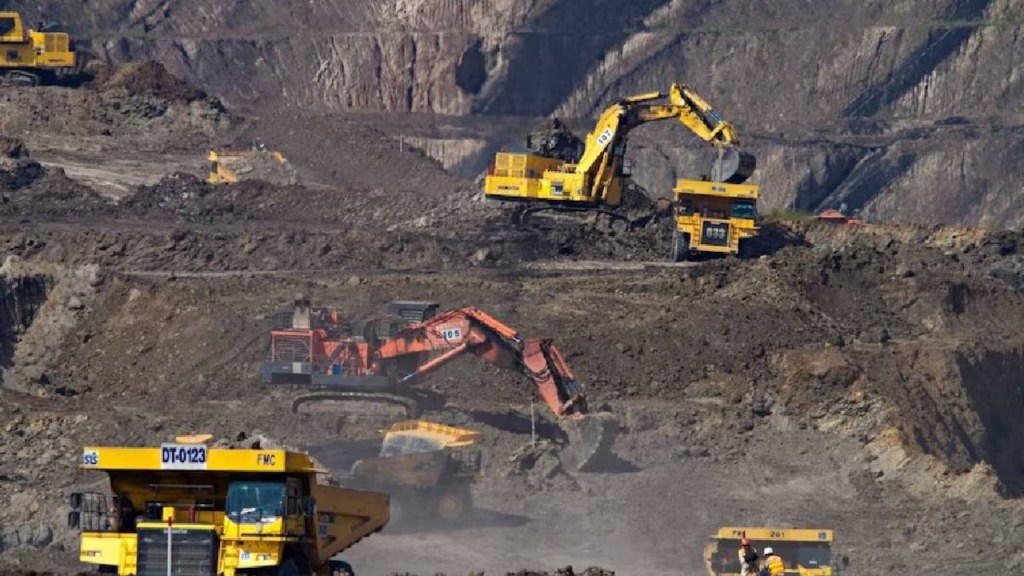In a big setback for mining operators, the Supreme Court on Monday upheld that states can levy royalties on the extraction of minerals and clarified that this ruling will also apply retrospectively but with respect to transactions after April 1, 2005.
With this clarification, the top court rejected the argument that its July 25 judgment, which upheld the states’ authority to tax mineral rights and mineral-bearing lands, should apply only from the date of the ruling.
Earlier in July, the Constitution Bench of SC held that states have the power to levy taxes on mineral rights and that the Union law, the Mines and Minerals (Development and Regulation) Act of 1957, does not limit this power of the states.
The majority verdict, delivered by Chief Justice of India D Y Chandrachud writing for himself and Justices Hrishikesh Roy, A S Oka, J B Pardiwala, Manoj Misra, Ujjal Bhuyan, Satish Chandra Sharma and Augustine George Masih, had overruled the 1989 decision of a 7-judge Bench in India Cement Ltd vs State of Tamil Nadu which said royalty is tax and state legislatures lack competence to levy taxes on mineral rights because the subject matter is covered by the Minerals and Mines and Minerals (Development and Regulation) Act, 1957, enacted by Parliament in the exercise of powers under Entry 54 of List I (Union List) of the Constitution.
Also Read: ‘Royalty paid on minerals not tax’: Supreme Court overturns 1989 decision in big win for states
The central government had argued that such taxes should be levied only from the date of the order and not retrospectively. The court rejected this argument and stated that “states can levy and renew demands for taxes, but the tax demands shall not apply to transactions made before April 1, 2005”.
The court further stated that the payment of the tax demands shall be staggered in installments over a period of 12 years, commencing from April 1, 2026, Bar and Bench reported.
The nine-judge Constitution Bench also clarified that there should be no levy of interest or penalty for the demand made for the period before the Supreme Court verdict on July 25, 2024.
Following the judgment, states can now generate additional revenues in the form of taxes on mining activities and on the land used to conduct these activities.
The verdict will benefit mineral-rich states like Odisha, Jharkhand, Bengal, Chhattisgarh, Madhya Pradesh, and Rajasthan, as their governments can now charge additional levies on mining companies operating in their territories.
(With inputs from PTI)
